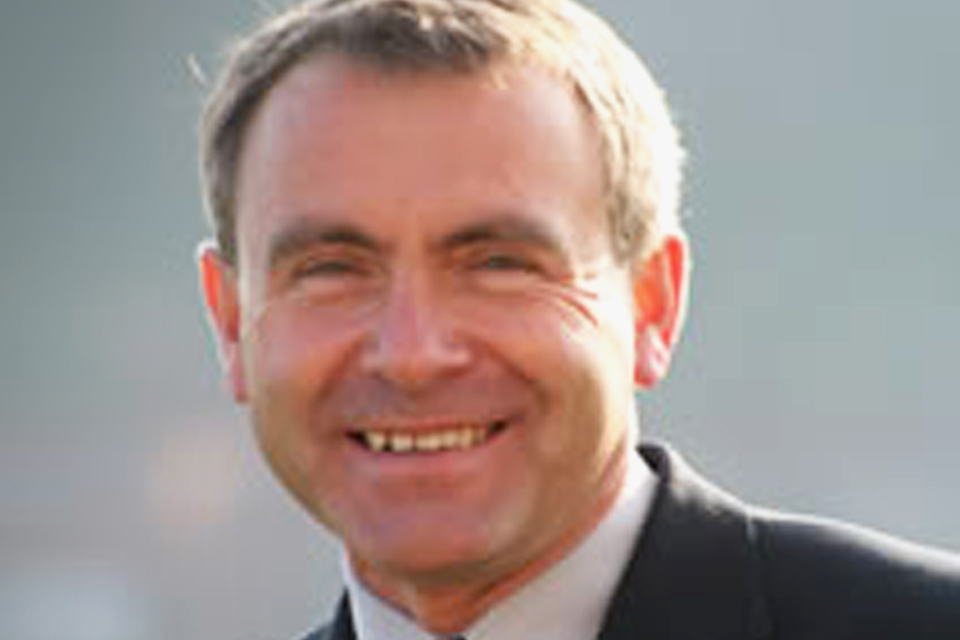EU Transport Council: 18 June 2015
Overview of the EU Transport Council meeting held on Thursday 11 June 2015.

I attended the second Transport Council under the Latvian Presidency (the Presidency) in Luxembourg on Thursday 11 June.
The council adopted a general approach on the proposed directive laying down technical standards for inland waterway vessels. There was broad support from Member States and the Commission for both the text and the related creation of the European Committee for Inland Navigation Standards (CESNI). The Commission indicated that it would now attempt to capitalise on this success by looking to harmonise other standards in the inland waterway sector, including training for crew.
The Presidency appreciated the support of all Member States and the Commission in their efforts to reach agreement with the European Parliament on the complex technical pillar of the ‘Fourth railway package’.
On the market pillar, however, the Presidency was clear that more time was needed. I welcomed the improvements to date to address concerns on over-regulation but pressed that more needed to be done to ensure that competition could flourish and rail continued to be an attractive investment. In highlighting the success of the UK’s liberalised and competitive rail market, I invited other Member States to visit the UK to learn from our experience. The main point of contention was the nature of possible exemptions from competitive tendering with the Commission supporting an exemption based on performance criteria while some Member States called for an exemption based on their share of the EU rail market being less than one per cent. I strongly pressed that any exemptions to competitive tendering had to be based on objective criteria and fully justified.
On ‘Air passenger rights’, the Presidency presented their progress report. I underlined the UK’s strong support for the improvements in air passenger rights whilst reinforcing our position that the balanced and proportionate trigger points of 5/9/12 hours should be maintained, a view strongly echoed by some Member States. I also voiced strong concerns on the proposed inclusion of a compensation scheme for missed connecting flights, highlighting the negative impacts for both passengers and airlines. Two Member States called for a lower trigger point of 3 hours with another suggesting anything other than including 3 hours in line with interpretative case law from CJEU rulings was a step backwards in passenger rights. There was no discussion on the application of the regulation to Gibraltar Airport.
Under any other business, the Commission presented the conclusions of their interim evaluation on road safety, taking stock of progress towards the 50% reduction in fatalities by 2020. With regards to next steps the Commission indicated that it was considering proposing a target for reducing serious injuries.
On the Trans-European Network–Transport (TEN-T) and Connecting Europe Facility (CEF), the Christophersen-Bodewig-Secchi report which looks at making the best use of the new EU financial schemes for transport infrastructure projects, was presented. The authors called for urgent action to ensure the success of the European Fund for Strategic Investments (EFSI) for the transport sector and presented 12 recommendations for bringing private capital to the transport sector. The Commissioner invited Member State views on these recommendations ahead of the TEN-T days set to take place in Riga on 22 and 23 June. The Presidency presented the outcome of the third Asia-Europe Meeting (ASEM) Transport Ministers’ meeting where ASEM member countries made a strong commitment to fostering closer cooperation in the field of transport connectivity.
The Commission updated the Council on the Shift2Rail research and innovation programme. The Commission regretted the delay in the recruitment of the Executive Director but considered the remainder of the programme was on track. I joined several Member States in thanking the Commission for the update and encouraging all efforts to ensure an accelerated deployment of the programme.
The Luxembourg Minister for Sustainable Development and Infrastructure presented the work programme of their upcoming Presidency stating their focus would remain on the ‘Fourth railway package’ and achieving a general approach on the market pillar by the October Transport Council. He invited Ministers to an Informal Council on 7 October focussing on cycling, followed by the formal Council on 8 October where there would be a policy debate on the Commission’s review of its transport white paper. At the December Council there would be a policy debate on social conditions in road transport.